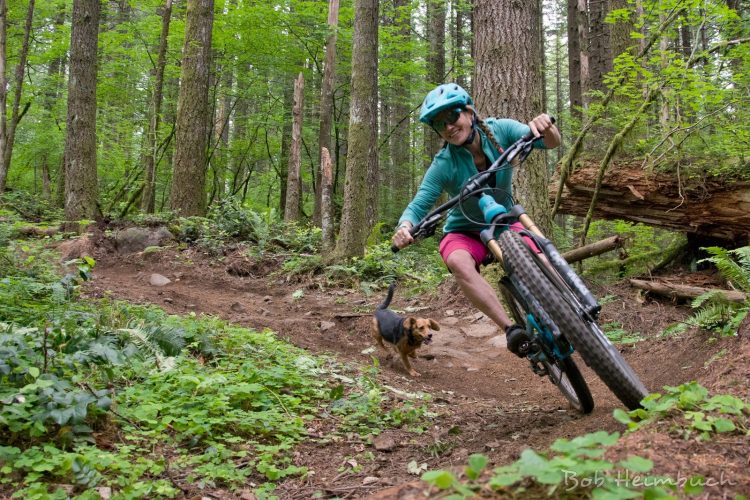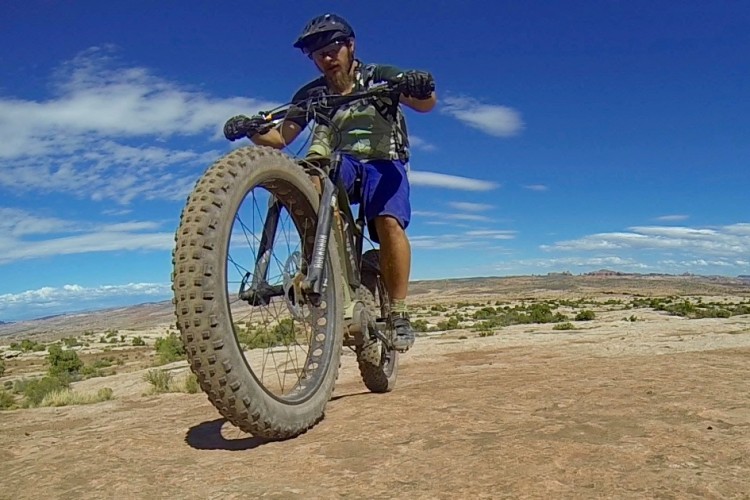E-bikes have been banned by default from natural-surface, singletrack mountain bike trails in Washington State by a new bill that just passed the state legislature. The bill grants e-bike access to paved bike paths and lanes, and depending on the class, sidewalks.
Like most of the recent e-bike bills that have been passed at the state level, including the recent bill in Colorado, the Washington State bill breaks e-bikes into three classes based on the speeds they can achieve and whether or not they have a throttle. Regardless of the class of e-bike, “generally, a person may not operate an electric-assisted bicycle on a trail that is designated as non-motorized and that has a natural surface, unless otherwise authorized by the state agency or local authority having jurisdiction over the trail,” according to bill SB 6434.
[see_also id=’232262′]
The Washington State bill differs dramatically in this respect from the Colorado bill, which allows e-bikes to travel on mountain bike trails by default. The Washington State bill bans e-bikes by default. However, in both instances, the local land management agency still has the right to either ban or allow e-bikes on a case-by-case basis.

The exact language in the bill is a result of the Evergreen Mountain Bike Alliance (EMBA) working closely with “non-motorized recreation groups to assist the Legislature in refining the bill’s language,” according to a press release on the EMBA website. “Evergreen collaborated with other outdoor recreation groups to include language defining natural surface trails, and treating them differently than paved bike paths. The end result is that e-bikes are not allowed on natural surface trails, unless signed or stated open by the managing jurisdiction.
“We are satisfied with the outcome of this initial legislation, as it addresses a critical need for urban bike commuters, and gives land managers specific authority to implement e-bike policies,” the release continues. “It also recognizes that there is a crucial difference between road and trail use and it enables Evergreen to work on future legislation specific to trails, if deemed necessary.”
Why the effort on EMBA’s part? In addition to citing e-bike concerns posed by some of EMBA’s partners and possible funding issues, EMBA fears the “potential loss of trail access if land managers choose to close trails to all ‘bikes’ because e-bikes are now defined as bicycles.”
E-bikes are currently managed as motorized vehicles by the Bureau of Land Management and US Forest Service federal land management agencies, which in places like Colorado precludes the vast majority of nonmotorized trails from being used by e-bikes. While many trails in Washington are located on land managed by these agencies, it’s notable that none of the three highest-rated mountain bike trails in Washington according to Singletracks members–Galbraith Mountain, Tiger Mountain, and Duthie Hill–are located on federal land.
Consequently, this ruling by the state legislature could be poised to severely limit electric mountain bike adoption and usage in the state.




















